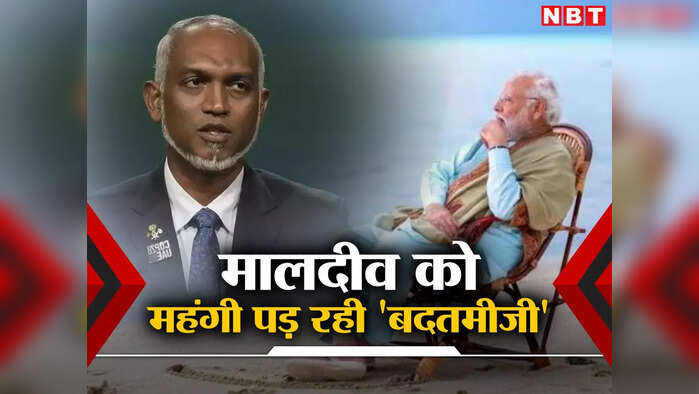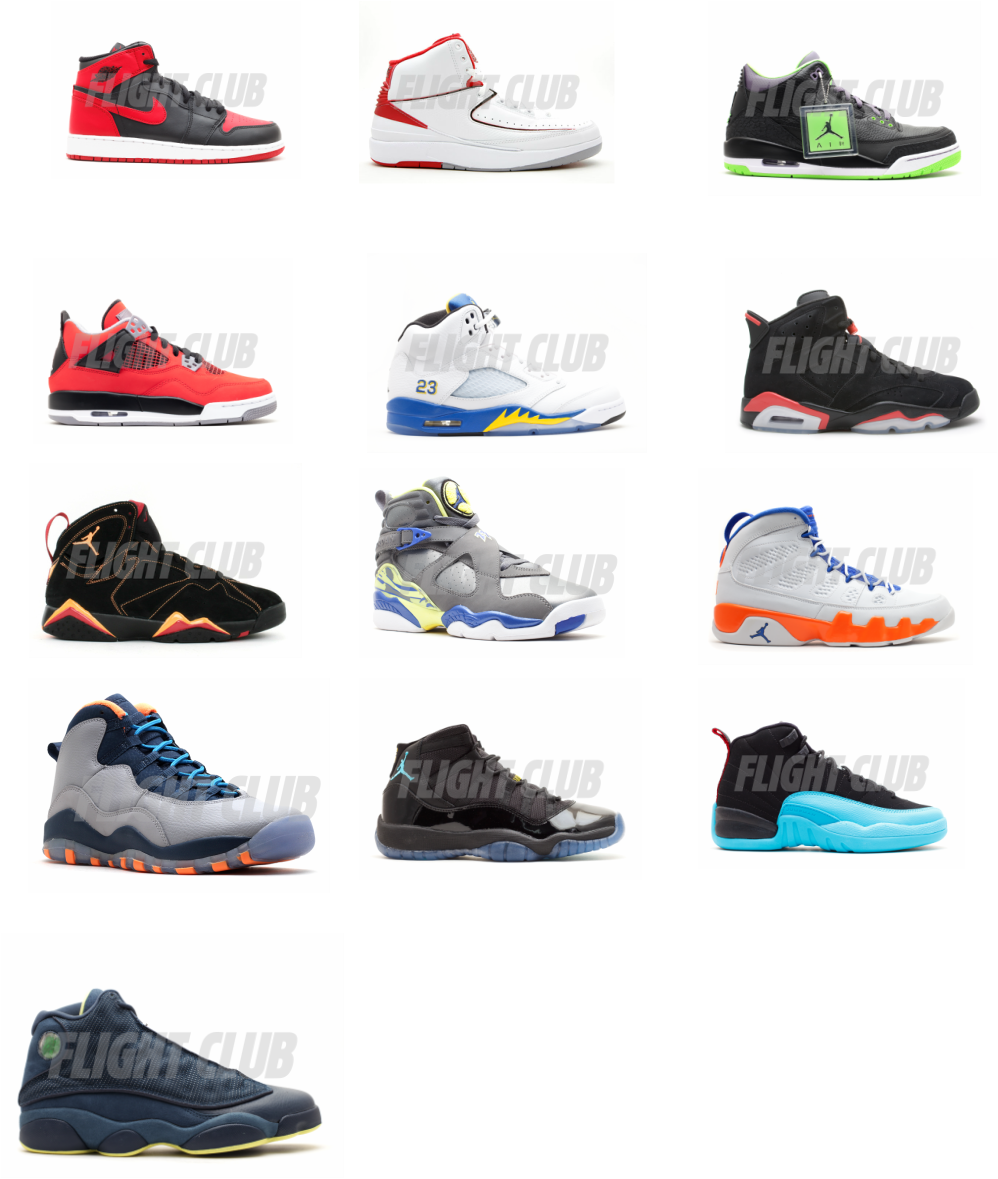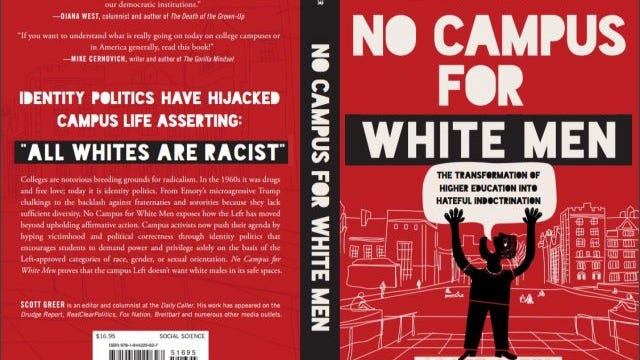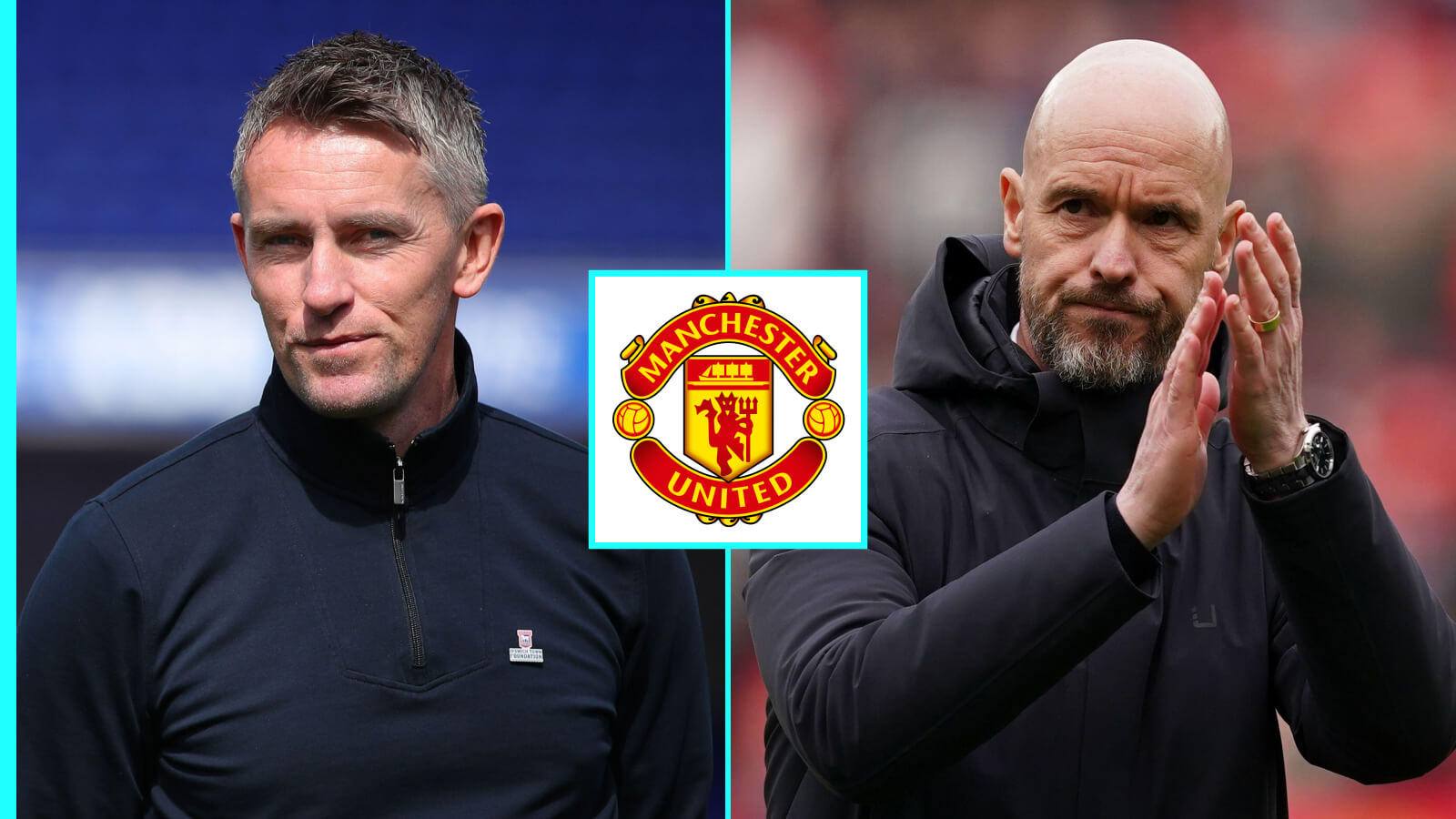Activision Blizzard Merger: FTC's Appeal Against Court Decision

Table of Contents
The FTC's Arguments Against the Merger
The FTC's core argument centers around the belief that the Microsoft-Activision Blizzard merger would create an unfair competitive advantage for Microsoft, ultimately harming consumers. This argument rests on two main pillars: concerns about market domination and the potential for anti-competitive practices.
Concerns about Market Domination
The FTC argued that the merger would grant Microsoft undue influence over the video game market, particularly within the rapidly growing cloud gaming sector. This concern stems from several key factors:
- Microsoft's existing dominance in the console market: The Xbox already holds a significant market share, and acquiring Activision Blizzard would further consolidate Microsoft's power.
- Activision Blizzard's popular game franchises: Activision Blizzard owns highly successful franchises like Call of Duty, Candy Crush, World of Warcraft, and King games, adding immensely valuable titles to Microsoft's portfolio.
- The potential for Microsoft to make these games exclusive to its platforms: This could significantly hinder competitors and limit consumer choice, potentially forcing gamers to switch ecosystems or miss out on popular titles.
- The impact on rival cloud gaming services: The FTC expressed worries that Microsoft could leverage Activision Blizzard's titles to stifle competition in the cloud gaming market, potentially harming services like Google Stadia and GeForce Now. The ability to make popular games exclusive to Xbox Cloud Gaming would give Microsoft a significant competitive edge.
Anti-Competitive Practices
Beyond market domination, the FTC also alleged that the merger would enable Microsoft to engage in anti-competitive practices detrimental to consumers. These potential practices include:
- Higher prices for games: By controlling a larger share of the market, Microsoft could potentially raise prices for Activision Blizzard games.
- Reduced innovation: A lack of competition could stifle innovation, leading to fewer new game releases and less variety for consumers.
- Limited consumer choice: Exclusive titles and platform lock-in could limit consumer choice and create a less dynamic gaming ecosystem.
- Degradation of game quality: Without competitive pressure, there's a risk that game quality might decline as Microsoft prioritizes profit over innovation and player experience.
The Court's Decision and the FTC's Appeal
The Judge's Ruling
The federal judge initially rejected the FTC's lawsuit, arguing that the FTC had failed to convincingly demonstrate that the merger would substantially lessen competition. The judge's decision highlighted aspects that the FTC seemingly had not successfully proven.
- Key arguments the judge accepted or rejected: The judge primarily focused on the cloud gaming market, finding the FTC’s argument concerning market dominance unconvincing.
- The judge's assessment of the competitive landscape: The court found sufficient competition within the gaming market, diminishing the weight of the FTC's claims of anti-competitive practices.
- Mention any dissenting opinions: While there were no dissenting opinions in this specific case, the ruling's interpretation of the antitrust laws is certainly subject to further legal challenge and interpretation.
The FTC's Grounds for Appeal
The FTC's appeal challenges the judge's interpretation of the evidence and antitrust law, claiming that crucial aspects of their case were not adequately considered. Their grounds for appeal include:
- Legal errors in the judge's interpretation of antitrust laws: The FTC argues the judge misinterpreted key legal precedents regarding mergers and acquisitions.
- New evidence or arguments not presented during the initial trial: The appeal could include newly discovered evidence or refined arguments not previously presented to the court.
- Claims of insufficient consideration of specific market factors: The FTC might argue the judge inadequately considered the long-term implications of the merger on the gaming market and the potential for future anti-competitive behavior.
Potential Outcomes and Implications
Scenarios Following the Appeal
Several scenarios could unfold following the FTC's appeal:
- Affirmation of the lower court's decision: The appeals court could uphold the original ruling, allowing the merger to proceed.
- Reversal and injunction against the merger: The appeals court could overturn the lower court's decision, blocking the merger.
- A settlement: Microsoft and the FTC could reach a settlement that involves concessions from Microsoft to address the FTC's concerns.
The likelihood of each scenario remains uncertain, but the outcome significantly impacts Microsoft, Activision Blizzard, and the gaming industry.
Wider Implications for Antitrust Law
The Activision Blizzard merger case has broader implications for antitrust law, setting a potential precedent for future mergers and acquisitions, particularly in the technology sector:
- The precedent this case could set: A successful FTC appeal could lead to increased scrutiny of large tech mergers.
- Potential changes to antitrust regulations: The case could influence future policy debates on antitrust regulations and their application to the tech industry.
- Increased scrutiny of large tech mergers: Regardless of the outcome, this case will likely increase the level of scrutiny applied to future large-scale tech mergers.
Conclusion
The FTC's appeal in the Activision Blizzard merger case represents a critical juncture in the gaming industry and antitrust law. The outcome will significantly shape the future of gaming mergers and acquisitions, impacting competition, consumer choice, and innovation. The legal battle continues, and keeping abreast of the developments in this Activision Blizzard merger case is crucial to understanding the future of the gaming landscape. Stay tuned for further updates and analysis as this important case unfolds.

Featured Posts
-
 Canada Us Relations Addressing Boycott Concerns And Tourism
May 29, 2025
Canada Us Relations Addressing Boycott Concerns And Tourism
May 29, 2025 -
 Air Jordan May 2025 Release Dates Styles And More
May 29, 2025
Air Jordan May 2025 Release Dates Styles And More
May 29, 2025 -
 Eroeffnung Karl Weinbar Neue Weinbar An Der Venloer Strasse
May 29, 2025
Eroeffnung Karl Weinbar Neue Weinbar An Der Venloer Strasse
May 29, 2025 -
 16 Year Old Victim Of Gay Bashing Five Teen Arrests Made
May 29, 2025
16 Year Old Victim Of Gay Bashing Five Teen Arrests Made
May 29, 2025 -
 Transfer News Man Utd Contender For Free Transfer Target Of Barcelona And Real Madrid
May 29, 2025
Transfer News Man Utd Contender For Free Transfer Target Of Barcelona And Real Madrid
May 29, 2025
